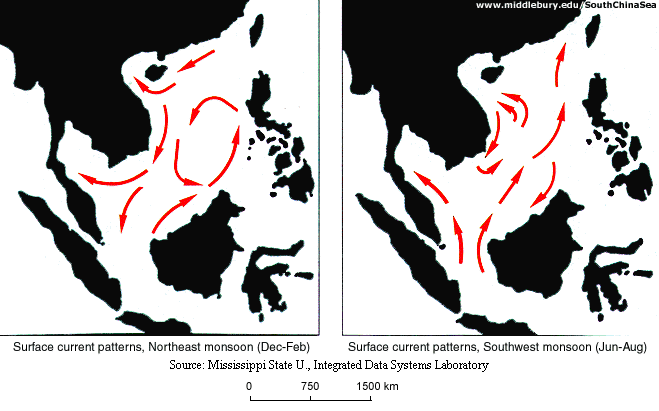Okay, one more daffy question: don't smartphones also use satellite triangulation, in which it doesn't matter how far from land you are?
Yes.
Under decent conditions (the cell preloaded with initial data for fast acquisition of GPS signals), a cell phone can locate you with nothing more than GPS.
How it works is simple and yes, it is called triangulation. The GPS birds all share and send a common time signal along with their identity. The cell phone takes time of arrival differences and does some math and bingo - locates you relative to the birds being processed - and translates that to Earth coordinates.
Now - where does that information go when the cell phone has it?
The primary output of your location is your personal screen - usually on a maps app for example.
For most people, it ends right there. Signal comes from sky, gets processed, and goes out the screen as a map display.
For others, the next most common use is - anti-theft.
1 - In some of those cases, some app you've installed periodically networks back to the service provider and says, "jefboyardee's phone is right here at this time." Note that would be a periodic check-in, not a constant data stream.
2 - The more common case is - you contact your phone from your PC and request that it send the current location.
Case 2 is out, no one was on the ground asking while they were in the plane flying.
So - Case 1. How likely? The phones in question would have to be running that specific type of network-aware security app, have GPS turned on, and a network connection (it's possible if the plane featured wifi, many do).
So - conclusion:
A cell would have to 1) be on, 2) have GPS on and a GPS lock (remember, many people don't to save battery), 3) be running a specific type of security app, 4) have had continuous network coverage when that hypothetical app wanted to update "back home," and 5) now comes the big one:
A loved one would have to know about such a thing and have the password.
The odds for all of that are remarkably low.
And - many cell phones are weak GPS receivers and need a sort of "location boost" from local towers to maintain position data.
It's been a while since I've followed GPS trackers for anti-theft. I don't know if the type 1 app still exists. I'm pretty sure that the HTC service for that worked that way, just going by memory though. Plus - I think it checked once an hour until you asked for a specific location. Once an hour would not be good enough in this case.
~~~~~~~
Case 3 - Footprints.
Once upon a time, HTC had a Footprints app. It would make a trace of where you were, great for vacations. They dropped that several years ago.
Once upon a time, Google offered the same thing, collaborating the phone with a Google map on your Gmail account. Then one day, those apps stopped working and Google changed the code and made it impossible for the third party apps doing the same thing.
I don't know if that even exists anymore.
~~~~~~~~~
Never say never, and according to statistics, there's no such thing as being able to predict anything as 100% or 0% possible.
But - I think if you add up the pieces, the probability of anyone running just the right app on just the right hardware and the flight and network conditions allowing it to work and then a loved one knowing just exactly how to access that info - has to be really, really so slim as to be nearly impossible.
So - it's a great question and something to hold out hope for.
But - it's very, very slim.
Again, without a tower connection, the smartphone would not have any way of reporting its position, and so it wouldn't matter if the phone had it's GPS turned on or not.
In town, you can locate fairly well just using towers, no GPS. The iPhone did that before they added GPS. And according to the police TV shows, the carrier can always locate you in a jiffy.
Again, out at sea, no soap.




